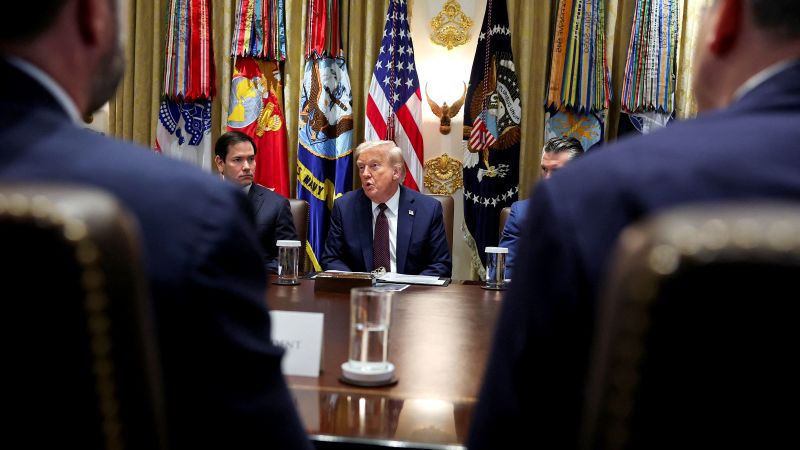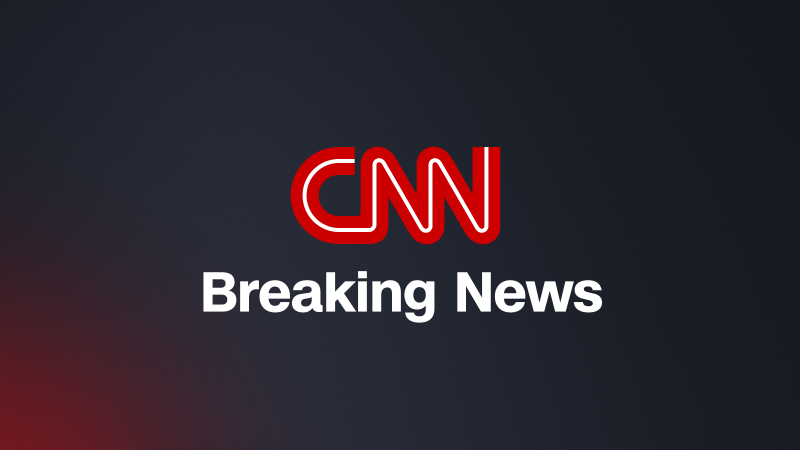
President Trump Announces Pursuit of Death Penalty in Washington, DC Murder Cases
Politics | 8/26/2025
President Donald Trump announced that his administration will pursue the death penalty in all murder cases within Washington, DC. This move marks a significant escalation in the administration’s approach to capital punishment. The President’s statement on seeking the death penalty raises legal and practical challenges, considering the stringent criteria and complex procedures involved in capital punishment cases.
Legal experts have highlighted the complexities associated with implementing such a directive. One expert, speaking on condition of anonymity, noted that seeking the death penalty in every murder case could strain the resources of the criminal justice system and pose logistical challenges. The decision to pursue capital punishment in every instance of murder in the nation’s capital would require a substantial allocation of resources and personnel.
The administration’s stance on seeking the death penalty in all DC murder cases is likely to spark debate and scrutiny from various quarters. Advocates of capital punishment may view this as a strong deterrent against violent crime, emphasizing the importance of strict penalties for heinous offenses. Conversely, opponents of the death penalty are likely to express concerns about the potential implications of such a blanket approach, citing issues related to due process and the risk of wrongful convictions.
Given the complex legal landscape surrounding capital punishment, the administration’s commitment to seeking the death penalty in all Washington, DC murder cases raises questions about the feasibility and implications of such a policy. The practical challenges and legal intricacies involved in pursuing capital punishment in every instance of murder underscore the complexities of implementing such a directive. As the administration moves forward with this initiative, the impact on the criminal justice system and broader societal implications will undoubtedly be subject to close scrutiny and public discourse.


